The most toxic relationship is with the most loved one the most difficult to deal with. Take a look at the toxic relationship signs below.
When our intimacy button differs from our partner, we are bound to enter into the “perfect storm” that prevents both parties from getting what they want. It’s like starting a weight loss program that entails eating big macs and supersized french fries five times a day. Good luck with that…
In one of the most psychologically recognized toxic relationships, one partner craves intimacy while the other becomes uncomfortable when things get close.
I used to be an Anxious Attachment type. Or as society would label me – needy. As a result, I tended to attract Avoidants because of my intense expression of emotional intimacy supplemented their own suppression of emotional intimacy.
Intimacy buttons
Studies on intimacy buttons reveal that when our need for intimacy is met and reciprocated by our partner, our happiness increases. On the flip side of the intimacy coin, incompatible intimacy lowers both our happiness and satisfaction with the relationship.

Our love buttons are unconscious biological and emotional luggage that has been filled by our past experiences. These past experiences form our emotional blueprint of how relationships are ‘suppose to work,’ and how we believe we should behave within those relationships.
Related: Why It’s Better To Stay Single Than In A Toxic Relationship
In my relationship prior to my health incident, I’ve never felt such an amazing high when my Avoidant partner finally came closer to me. But then I felt more unwanted than trash when she withdrew.
I had never felt so pathetic and insecure in my life.
I craved her love. She’d give me a kiss, only to turn around and bolt the other direction, by shaming me, by calling me crazy or ignoring me altogether. Our unconscious desires for closeness and intimacy in the relationship not only affected our intimacy but impacted all of our conversations.
Psychology calls this the Anxious-Avoidant Trap, or as I like to call it, Lost in the Sea of Love. I felt so alone, I might as well have been stranded in the middle of the Pacific Ocean
I want you to meet Anxious Alex and Avoidant Alli.
Anxious Alex met Avoidant Alli using Okcupid, a popular dating website. After the first few dates, they were happy with each other. Puppy love had taken over, and they adored each other.
As the months passed, Anxious Alex wanted to spend more and more time with Avoidant Alli. He would come over after work and drop everything just to spend time with her. Like most anxious people, Alex was a boyfriend chameleon.
Since Avoidant Alli had become a vegetarian, Alex hopped on the bandwagon too, even though he loved meat. The true motivation, unknown to Alex, is that his low value of himself and intimacy style causes him to accept new identities that his girlfriends already had.
He does this partially because he perceives himself as low value and unworthy of love, and finds her lifestyle/value as more compelling than his own.But the other reason is his fear of being unloved. As a result, he adopts this new value system as an emotional strategy in order to increase intimacy among his partner and him. His real motivation is fear, not love.
As anxious Alex finds ways to get emotionally close, Avoidant Alli initially loves the attention. Eventually, both Alex and Alli become extremely close.

I can tell you this feels amazing. It’s a natural high without the drugs. But over time, this closeness begins to feel suffocating to Avoidant Alli.

She begins craving space and distance. As a result, she deactivates her intimacy button by withdrawing and behaving in ways that puts space between them.

Related: 10 Factors That Promote Intimacy in a Relationship
Anxious Alex recognizes this. He sees this distance as a threat to the relationship and activates his intimacy button as a response.

He wants to keep the intimacy high going. Anxious Alex’s mind becomes a targeted missile with Avoidant Alli as the target. Because of his response, Anxious Alex’s anxiety causes him to panic, to feel insecure – like the world is ending. This is all an illusion, of course, but Alex’s biological and emotional luggage is creating such intense emotions that logic doesn’t exist.
This flood of emotion motivates Alex to behave in ways to get both Alli and him back up to that amazing intimacy high.
So Alex starts texting her more frequently. He even shows up at her place unexpected. Alex’s dire need to resolve this emotional conflict causes him to use bat-shit crazy behavior.

4 text messages in an hour. Anxious Alex feels like his relationship with Avoidant Alli is fragile, so he begins to behave in ways to constantly prove to himself that she still loves him.
Sadly, the emotional frustration from Alex’s crazy behavior and Avoidant Alli’s dire need for space causes Alli to react in hostile ways.

She may shame Alex for acting crazy. She may tell him that she isn’t going to talk, text or see him for 3-4 days. This eats Anxious Alex alive. All he needed was for Avoidant Alli to get close to him, but the more intense the withdrawal, the more intense Anxious Alex’s thoughts are about making up for “his” mistake.
Related: How To Prevent A Toxic Relationship From Ruining Your Life
This conflict causes Alex’s intimacy button to hit overdrive and focus on all the amazing aspects of the relationship – oh, the memories! He becomes flooded with regret for the relationship’s recent fight. So he attempts to work things out.

Meanwhile, Avoidant Alli’s deactivated intimacy button causes her to focus on all of the bad things in the relationship. His crazy behavior. The amount of time he spends with her. His constant texting.
Due to Alex’s narrowed perception on rekindling the relationship, Alex is willing to compromise his needs to keep the partnership working. Since Alli is contemplating ending the intimate relationship, she wants compensation for entering back into it.
Alex still fails to address the initial conflict – his need for intimacy – and actually finds himself in a worse position than he was before the fight.
He works hard to return to the initial, unsatisfactory status quo of the relationship and he tries to compromise more of his needs in hopes to make things work. Being Lost in the Sea of Love washes any hope of a better life down the drain.
Over the years, Alex and Alli continue this vicious cycle until inevitability, Alli has enough and dumps him.
With every clash of intimacy styles, the anxious person loses more ground. It’s frustrating and unfulfilling. This toxic relationship has no checks and balances. The Anxious Alex feels the need to fix the relationship and compromises to the desires of the Avoidant. These types of toxic relationships feel very one-sided from the anxious person’s perspective.
Related:6 Early Red Flags of a Toxic Relationship
The problem is the anxious person seeks closeness to their partner when something appears threatening, such as a relationship fight or jealousy, while the avoidant seeks separation and seeks distance. Intimacy differences are difficult to harmonize.
This is why I suggest finding a secure person to date. A fair amount of people assume that since Anxious Alex and Avoidant Ally really do love each other, then they’d find a way to work things out. As in the case of Alex and Alli, it is often times impossible to meet each other’s needs. In the typical trap, the anxious partner surrenders and accepts the rules imposed by the avoidant.
Let’s say Anxious Alex and Avoidant Alli ended up getting married, despite their unstable relationship. Things may get worse because intimacy differences impact more than just the relationship. It’s much more than one person wanting to cuddle and another needing space.
It’s reflected in opposed desires, assumptions, and attitudes. This may range from the way you sleep with someone in your bed to how you raise children. Each new change in life (making money, becoming ill, having kids, or getting married) will manifest the differences and expand the gap between the partners even more.
This conflict is never resolved because the solution creates too much intimacy. While the Anxious individual will seek to work out the relationship problems, the Avoidant will unconsciously want to avoid it. This may lead the Avoidant to become more hostile or distant. Since the underlying issue is never addressed, the problem expands like a space balloon and causes a lot of unhappiness.
When I was in this toxic relationship, I was completely blinded by love. I couldn’t see how bad it was. This is why I wanted to take some time to provide you some telltale signs of being Lost in the Sea of Love; I want you to have an amazing relationship, and intimacy is a core foundation of that.
6 Telltale signs you are in the most toxic relationship
1. Can’t Leave Syndrome.
You have this nightmarish feeling that the relationship is not right for you, but every time you think of leaving, the toxic emotional connection to the other person prevents you from doing so.
Related: 3 Reasons Why Communication Is Crucial For Sustained Intimacy
2. Roller-coaster effect.
The relationship is never calm. At times, the Avoidant becomes available to the Anxious partner, allowing the Anxious partner’s intimacy button to relax and feel normal. This allows both partners to get close.
As a result of getting closer, the Avoidant becomes uncomfortable, withdraws, and the Anxious is forced to drink a cocktail of negative emotions that lead to bat-shit crazy behavior.
The Avoident’s drawing away has lowered the anxious person’s self-esteem and heightened their insecurity. Even if things do get resolved, both partners will be dissatisfied with the relationship.
3. Emotional Seesaw.
Avoidants often inflate their self-esteem and sense of independence in relation to the extent of their partner’s incapability of being alone. This is why Avoidants don’t normally date each other – they never feel strong and independent in relation to someone who shares the same intimacy button as they do.
4. Stably unstable.
Although the relationship may last through the highs and lows, a sense of uncertainty always persists. Since neither partners find a degree of intimacy either is comfortable with, a sense of chronic dissatisfaction will lurk in the relationship.
5. Meaningless Fights.
These types of relationships breed fights about things that shouldn’t be fought about at all. Typically these insignificant fights are not about minor problems, but rather the amount of intimacy between the partners.
Related: Conversations That Help Connect and Build More Intimacy In Your Relationship
6. Your Partner is the Enemy.
The Anxious partner will feel like they are getting treated worse and worse -because they are – once they become close to the avoidant.
Solution For The Anxious Attachment Type Lover:
- If you are an anxious lover, I encourage you to 1) build your self-esteem by expanding your identity and social circle and then 2) seek a secure partner. If you do want to stay with your avoidant partner, you need to work on expressing yourself and establishing boundaries. Check out the Six Commandments of Vulnerable Communication and 4 Powerful Exercises That Make A Toxic Relationship Healthy. It will really help you.
- If you are an Avoidant lover who feels overwhelmed with intimacy, I encourage you to lean into the discomfort. Allow yourself to be vulnerable, and work with your runaway intimacy desires. You can change your attachment type to a more secure model by dating a secure person which will not only improve your intimate relationships, but also your life. A secure person will give you the space you crave. If you don’t want to date a secure, I would advise you to be patient with your anxious partner and tell them that it isn’t them that causes the need for space, it’s you. They may not believe this, so it may take work, but it will help you get the space you need.
Wondering what are the signs of a toxic relationship? Take a look at this video
What other toxic relationship signs do you know about? Leave a comment below.
Originally published on Healthy Relationships with Kyle Benson
Want to find a healthy relationship that will make you feel loved, connected and valued? Get your free copy of my ebook Authentic Attraction: 5 Secrets To Finding Love That Last in my Passionate Relationship Toolkit here.
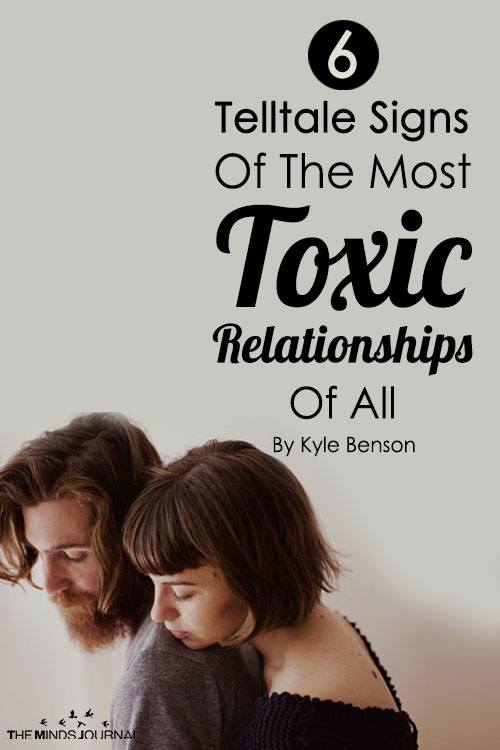
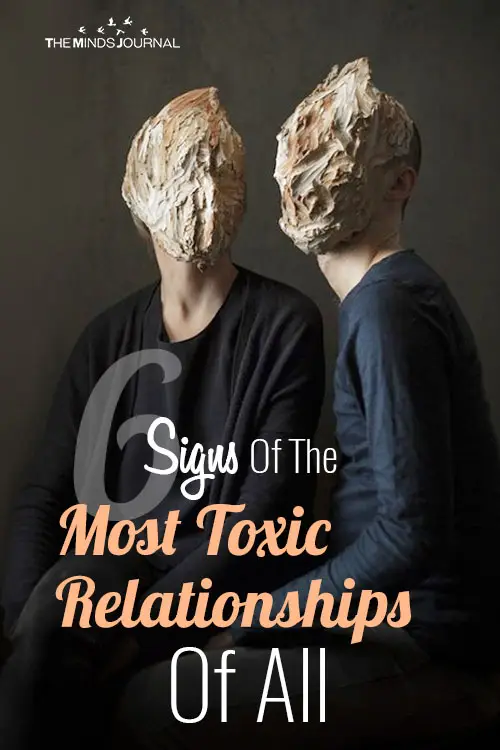
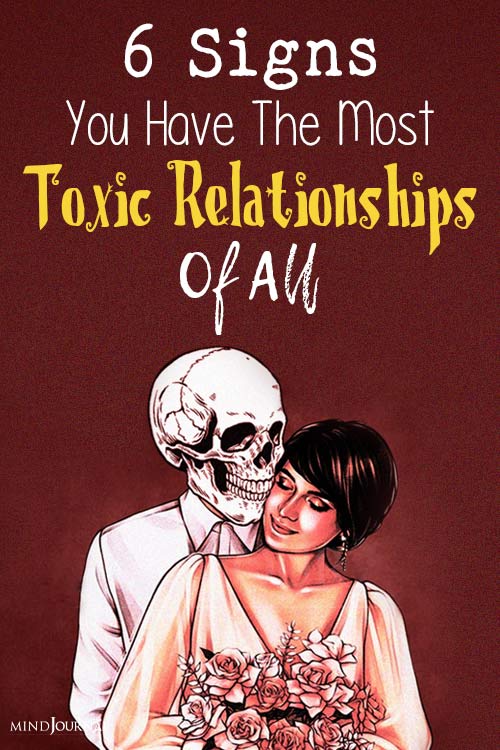
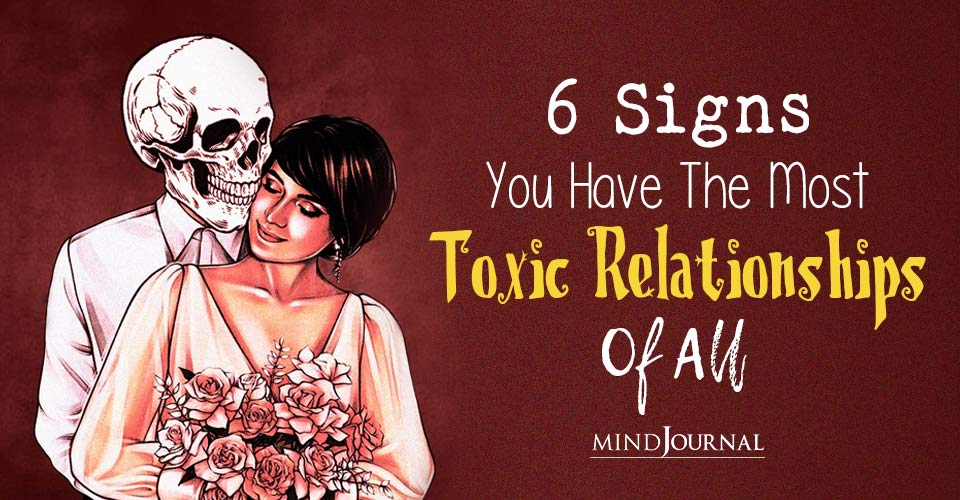
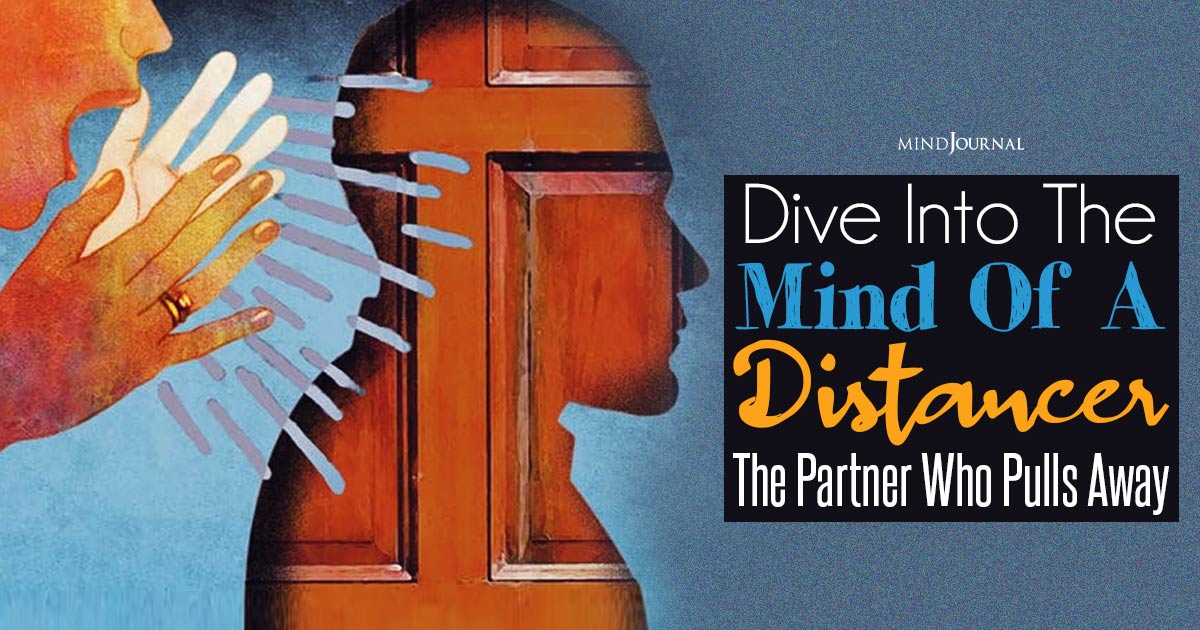


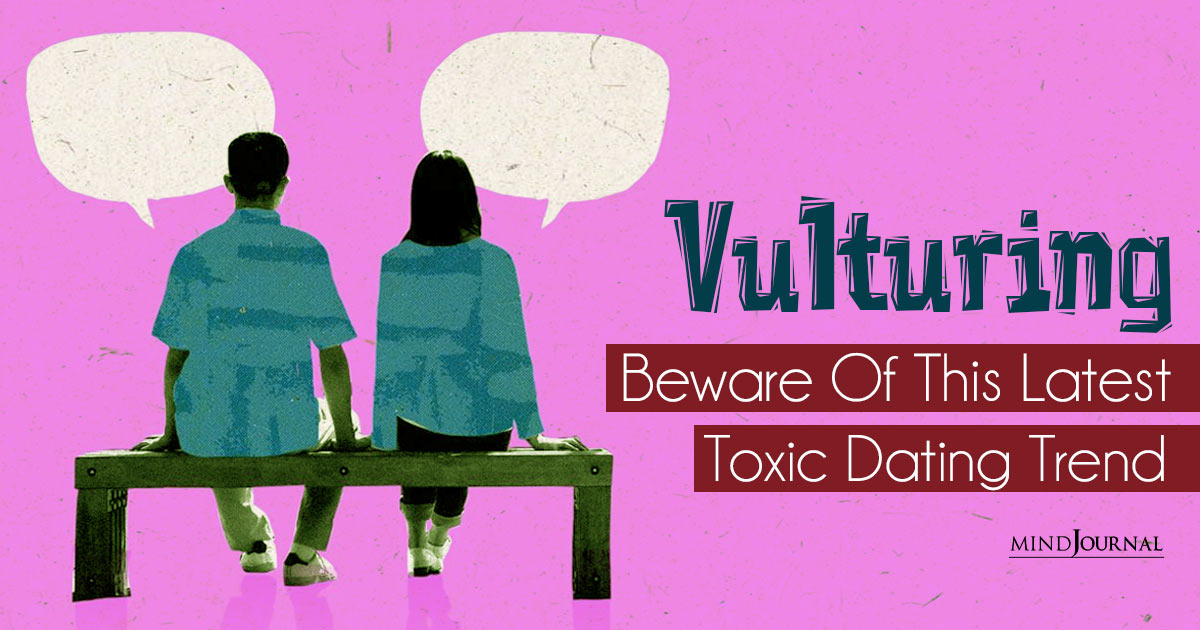
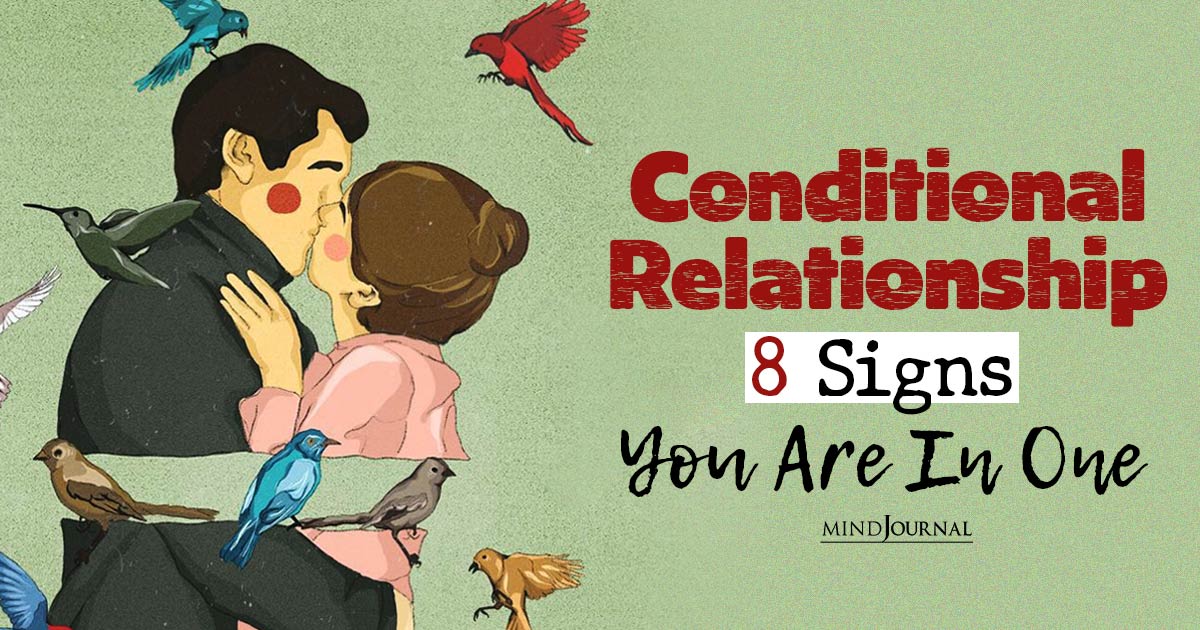


Leave a Reply
You must be logged in to post a comment.